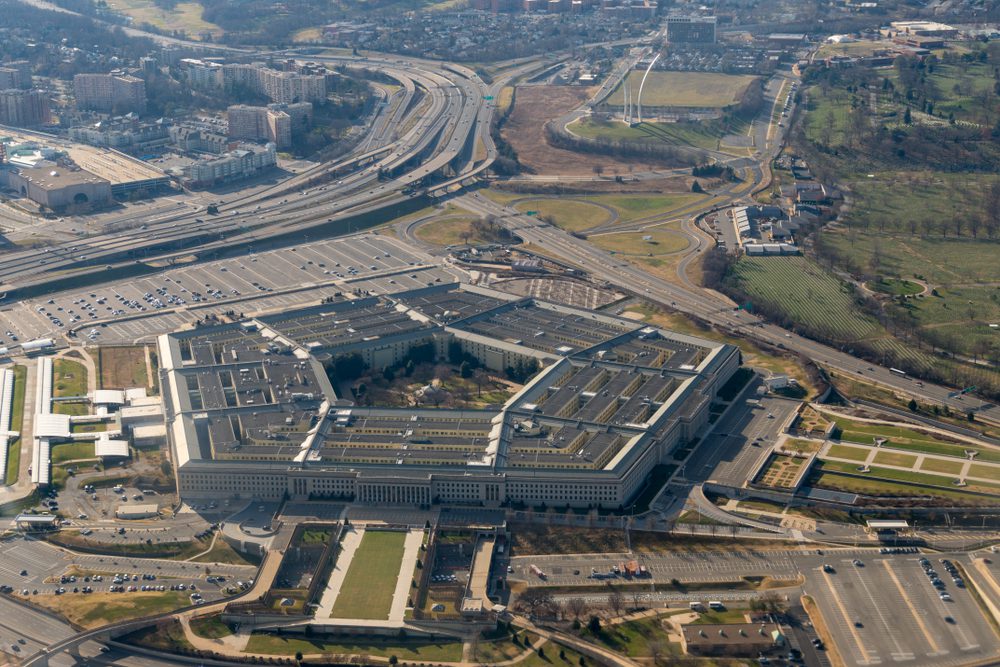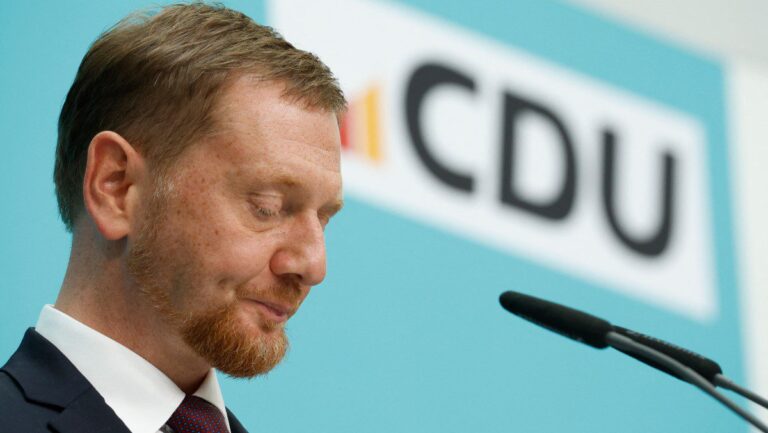The release of classified U.S. documents on the war in Ukraine has been viewed across Europe as “America’s most serious intelligence leak in a decade” (The Economist). Both The Times of London and France’s Le Figaro agreed that this represents “one of the country’s most serious security breaches since more than 700,000 intelligence documents, videos and diplomatic cables were published by WikiLeaks in 2013.” Italian daily la Repubblica went further, appearing to suggest that worse could be yet to come—that the release “perhaps has not so far had the dimensions of the WikiLeaks and Snowden cases.”
But how surprised have European leaders and reporters been to learn of that which has been leaked? That the U.S. has been spying on Volodymyr Zelensky? Not at all. That is, at least not in the German offices of Der Spiegel, which (agreeing with Ukrainian officials) said, “the fact in itself is not a surprise.”
The press appears to have been a little more shocked. It comes as a revelation that Ukraine is not able to perform as well on the battlefield against Russia as it (the press) has spent months celebrating. Documents point to “enduring Ukrainian deficiencies in training and munitions supplies” which, they suggested, “probably will strain progress and exacerbate casualties during the offensive.” The Daily Mail highlighted that this paints a “bleak picture” of Kyiv’s position, adding that the leaked “report breaks from Biden’s public reassurances of Ukraine’s military successes.” This, Western officials said, was not just bad news for Ukraine but for “everyone.” One “European official” told the Financial Times:
It’s bad news for the Ukrainians, it’s bad news for the Americans because everyone sees how they operate, and it’s bad news for the allies more generally because we see that the Ukrainians are running out of ammunition, which is not the best message you want in the air.
Damage caused by the leaked documents should, however, depend on their authenticity, over which there has been some debate. La Stampa, reporting on a specific sheet, was reassured by the fact “the document resembles other documents released as part of the recent leak,” while Le Figaro said these appeared “sometimes altered.” A writer in The Economist commented that the response from the U.S. Department of Defence “all but confirms docs are authentic.”
My piece for @TheEconomist on the leaked US intelligence documents. DoD statement all but confirms docs are authentic. Most experts & officials I spoke with suggest that the breach is very serious and very damaging. It also comes at a bad time for Ukraine. https://t.co/59wSP7596h https://t.co/KW59PTljuC
— Shashank Joshi (@shashj) April 10, 2023
South Korea, however, has its doubts, with Deputy National Security Advisor Kim Tae-hyo (quoted widely in the foreign press) declaring today that Seoul and Washington “agree that much of the information released is falsified.”
In Britain, much attention has been paid to coverage in a leaked document of an incident in October involving an unmanned British surveillance plane—in international airspace over the Black Sea—and a Russian jet. UK Defence Secretary Ben Wallace last year said the jet fired a missile merely “in the vicinity of the RAF Rivet Joint beyond visual range” (emphasis added). But documents suggest the incident was “more significant than previously known.” It now appears the plane was almost shot down by Russian forces, though a British defence source told the Financial Times that “these reports contain inaccuracies and do not reflect what happened in International air space over the Black Sea.”
In Kyiv, officials have questioned reports that the leaks have forced Ukraine to change its military plans. This, according to Ukrainian presidential aide Mykhailo Podolyak, was untrue.





